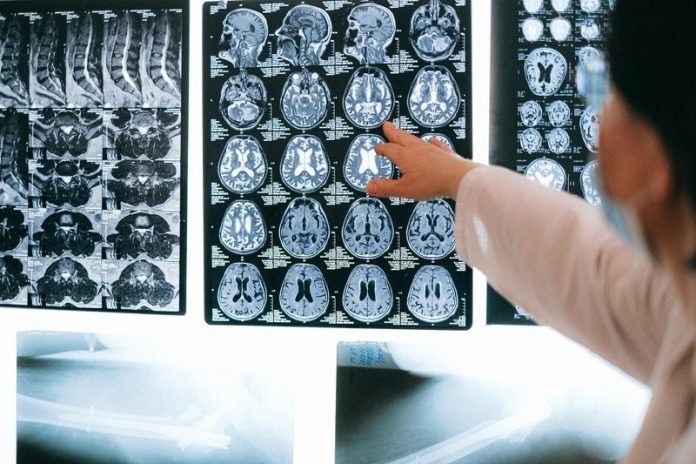
SARS-CoV-2 was initially identified as a respiratory virus, but it can affect the entire body, including the nervous system.
In a new paper from…, researchers highlight what is currently known about the effects of SARS-CoV-2 on the brain, the importance of increased research into the underlying causes of long COVID, and possible ways to treat its symptoms.
Neurological symptoms that have been reported with acute COVID-19 include loss of taste and smell, headaches, stroke, delirium, and brain inflammation.
There does not seem to be extensive infection of brain cells by the virus, but the neurological effects may be caused by immune activation, neuroinflammation, and damage to brain blood vessels.
Acute COVID-19 infection can sometimes lead to long-lasting effects that have collectively been termed “long COVID”.
It can include a wide variety of symptoms in the brain and nervous system that range from a loss of taste and smell, impaired concentration, fatigue, pain, sleep disorders, autonomic disorders and/or headache to psychological effects such as depression or psychosis.
The team outlines the current scientific understanding of the potential body responses to acute COVID-19 infection and how those responses could lead to long COVID symptoms.
They also draw parallels between the symptoms experienced by individuals with long COVID to those living with myalgic encephalomyelitis/chronic fatigue syndrome (ME/CFS) or post-Lyme disease, which suggests there could be common risk factors involved.
Finally, owing to the significant variability in symptoms from person to person and the fact that many individuals with long COVID were healthy prior to a relatively mild COVID-19 infection, the authors highlight the urgent need for significant research efforts into identifying the full extent of long COVID complications and their causes.
This kind of research would include the careful study of individuals with long COVID categorized by their specific symptoms.
It is crucial to the development of diagnostic and therapeutic tools to identify and treat what is becoming an ever-increasing public health concern.
If you care about COVID, please read studies about new risk factor for severe COVID-19, and the key to curing COVID-19.
For more information about health, please see recent studies that COVID patients on this depression drug are less likely to die, and results showing that COVID-19 booster shots prompt stronger, longer protection than original shots.
The study is published in Science. One author of the study is Avindra Nath, M.D.
Copyright © 2022 Knowridge Science Report. All rights reserved.




